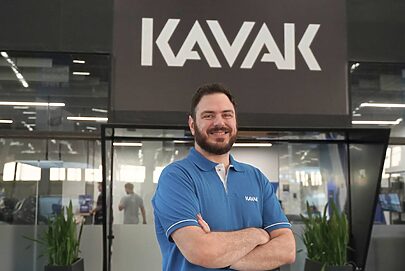Seu dinheiro está em risco em nossa sociedade digital.
Sou assinante e recomendo que você seja também da newsletter do MIT de blockchain, a Chain Letter. Nela, sempre, um overview desse mundo que vai invadir todo o Mundo. Aqui, um alerta de um especialista: o mundo sem dinheiro (físico) envolve riscos. E as plataformas digitais fechadas altamente seguras são nossa única garantia.
O especialista Jerry Brito fala porque numa sociedade digital tão aberta e invasiva como a nossa, as transações via plataformas pier-to-pier (eu não tenho nada a ver com isso, just in case …) seguras e encriptadas, regidas pelas regras do blockchain (eletronic cash), são vitais para nossa segurança e da nossa grana.
Veja a síntese do pensamento do Mr. Brito: “Cash is more than a method of payment. It is a fundamental tool for individual privacy and autonomy, and it is necessary for an open society. This paper shows that a cashless economy is a surveillance economy. It also argues that removing the option to freely transact without intermediation greatly limits our economic self-determination, placing our economic lives in the hands of financial institutions and governments. This paper presents several case studies demonstrating the dangers of a completely intermediated payments system and concludes that electronic cash is a tool that should not only be tolerated, but fostered and celebrated”.
Abaixo, texto original da newsletter do MIT. Além de um link para um paper técnico do Britão.
|








